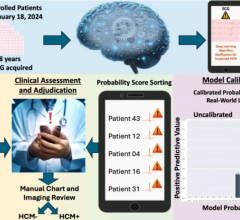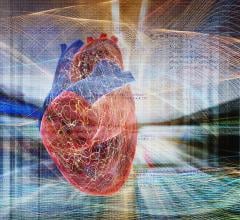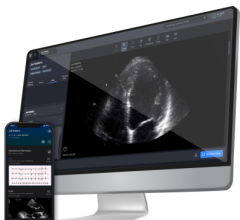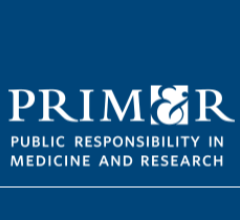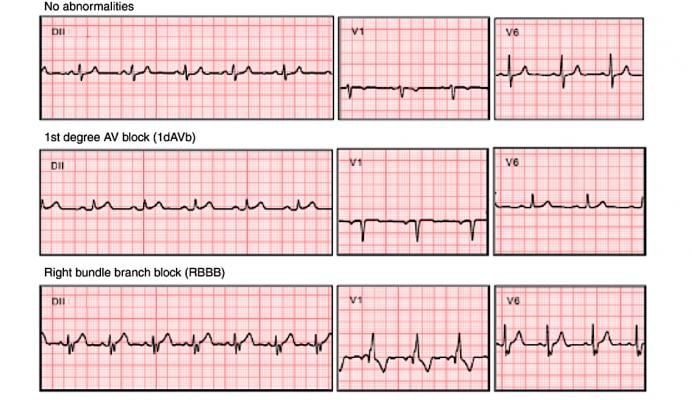
A list of all the abnormalities the AI model classifies. This illustration only shows three representative leads (DII, V1 and V6).Fig. This is Figure 1 from the Nature Communications article.
May 19, 2020 — Artificial intelligence (AI) may be an aid to interpreting ECG results, helping healthcare staff to diagnose diseases that affect the heart. Researchers at Uppsala University and heart specialists in Brazil have developed an AI that automatically diagnoses atrial fibrillation and five other common ECG abnormalities just as well as a cardiologist. The study has been published in Nature Communications.
An electrocardiogram (ECG) is a simple test that can be used to check the heart's rhythm and electrical activity. The results are shown on a graph that can reveal various conditions that affect the heart. The tool is routinely used in healthcare and each ECG needs to be interpreted manually by a cardiologist.
The new study demonstrates that an AI is capable of automatically diagnosing the abnormalities indicated by an ECG. The AI was initially trained on a database comprising over two million ECGs that had already been diagnosed manually. In this way, it can learn to recognise typical patterns for the six most common ECG abnormalities and then make a diagnosis of another patient with one of these conditions - with the same precision as a cardiologist.
The method is currently not ready for use in clinics and hospitals; however, the researchers believe that it offers great potential for improved cardiovascular care in low and middle-income countries where large parts of the population lack the same level of access to specialists who are able to interpret ECG results as we enjoy in Sweden.
"This is the first result of a collaboration that we have built up over the past two years. I have great confidence that in the future this type of deep collaboration between AI researchers and medical researchers will be able to create new knowledge that can help people enjoy a better quality of life," says Thomas Schon, professor of automatic control, who works in machine learning and AI at Uppsala University and was responsible for the technical part of the study.
The mathematical model (known as a deep artificial neural network) on which the study is based is a good example of the basic concept behind machine learning, where computers build their own model and then use it to learn to solve tasks based on collected data. The method differs from the classic method of working with a computer where the computer is manually programmed to perform a very specific task. The results for many problems have proved to be better when machine learning is used and the computer itself is allowed to identify patterns from gathered figures, texts, diagrams and images.
Reference:


 September 24, 2025
September 24, 2025 

